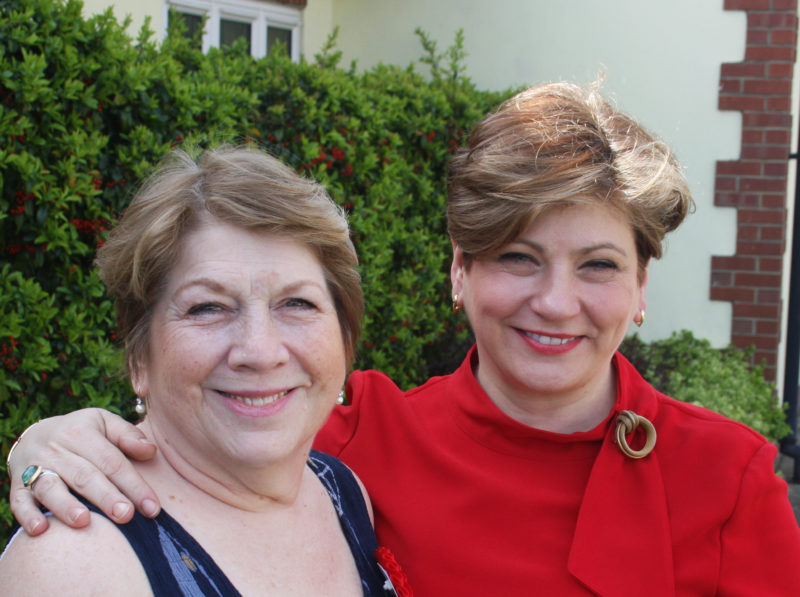Guildford Labour Party It's time for Labour in Guildford
At a recent Guildford Labour Party meeting, all the female members were invited to talk briefly about why they joined the Labour Party. We were treated to some wonderful stories of how individuals took the step to become involved in trying to make the world a better place.
One of the themes that came out was the close link between feminism and Labour Party values. Members spoke of the routine discrimination they received in past times and recognised that it was the Labour Party that stood up for their rights; others talked of taking the responsibility for caring for a family with no support or money from a reliable partner.
It is difficult now to comprehend the casual sex and pay discrimination of the 1960s. It was quite acceptable – and common – for young women job applicants to be asked personal questions at interview about their intentions to marry, to have a baby. Such impertinent discrimination today is unthinkable!
Remember the times when dress codes did not ‘allow’ female employees to wear trousers? Or when female bank employees had to leave when they married?
This year commemorates the centenary of women receiving the vote – or more accurately some women of a certain age and wealth receiving the vote.
Guildford Museum currently has two exhibitions on this centenary. Universal suffrage did not come until 1928 – to men and women over 21, alike.
Decades of campaigning for votes for women had been gaining momentum since the 1890s. Some of the key activists in the Suffragist Movement were Guildford Women. Noeline Baker was one; a woman with superb capabilities for organisation of national demonstrations and rallies. All by post and telephone.
It’s hard to conceive now with so much communication handled by electronic means. The first woman councillor elected in Guildford was Geraldine Croke – Labour member for Stoke in 1936. There followed many more – amongst them Doreen Bellerby, Eileen Pullen, Josephine Carter and the current shadow Home Secretary’s mother, Sallie Thornberry [Stoke 1983-2003].
Since the formation of the Borough Council in 1975, there have been roughly equal numbers of male and female Mayors – 25 vs 19 respectively to date.
It is still so important for women to use their vote. And not just that but to actually get involved in politics. At its best, and most rewarding, participation stems from wanting to improve lives and the environment; that is better housing, more playgrounds, children’s nurseries, cleaner air, public transport, waste collection for example.
Many women are put off politics; not surprising when you see the unpleasant aggressive behaviour in the House of Commons. Much better to watch the webcasts of civilised meetings of Guildford Borough Council – available on the council website for six months.
But equality of representation still has a long way to go. Even now, 100 years later, only 32% of MPs are women; and not much different in Guildford Council with 17 women and 31 men.

